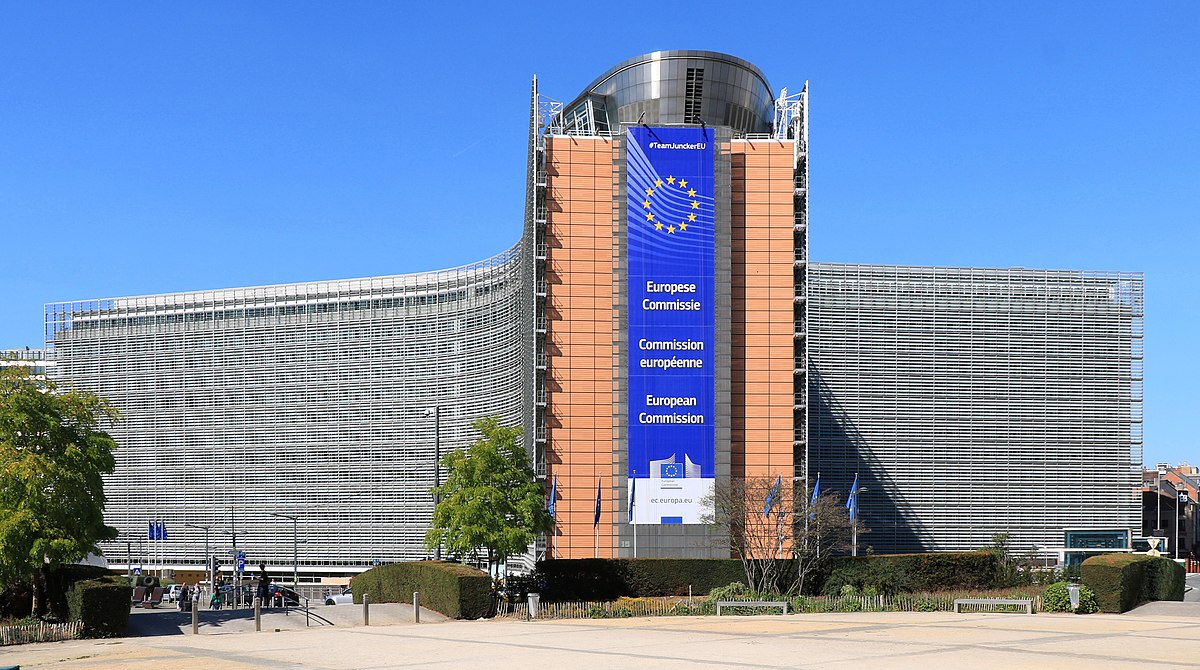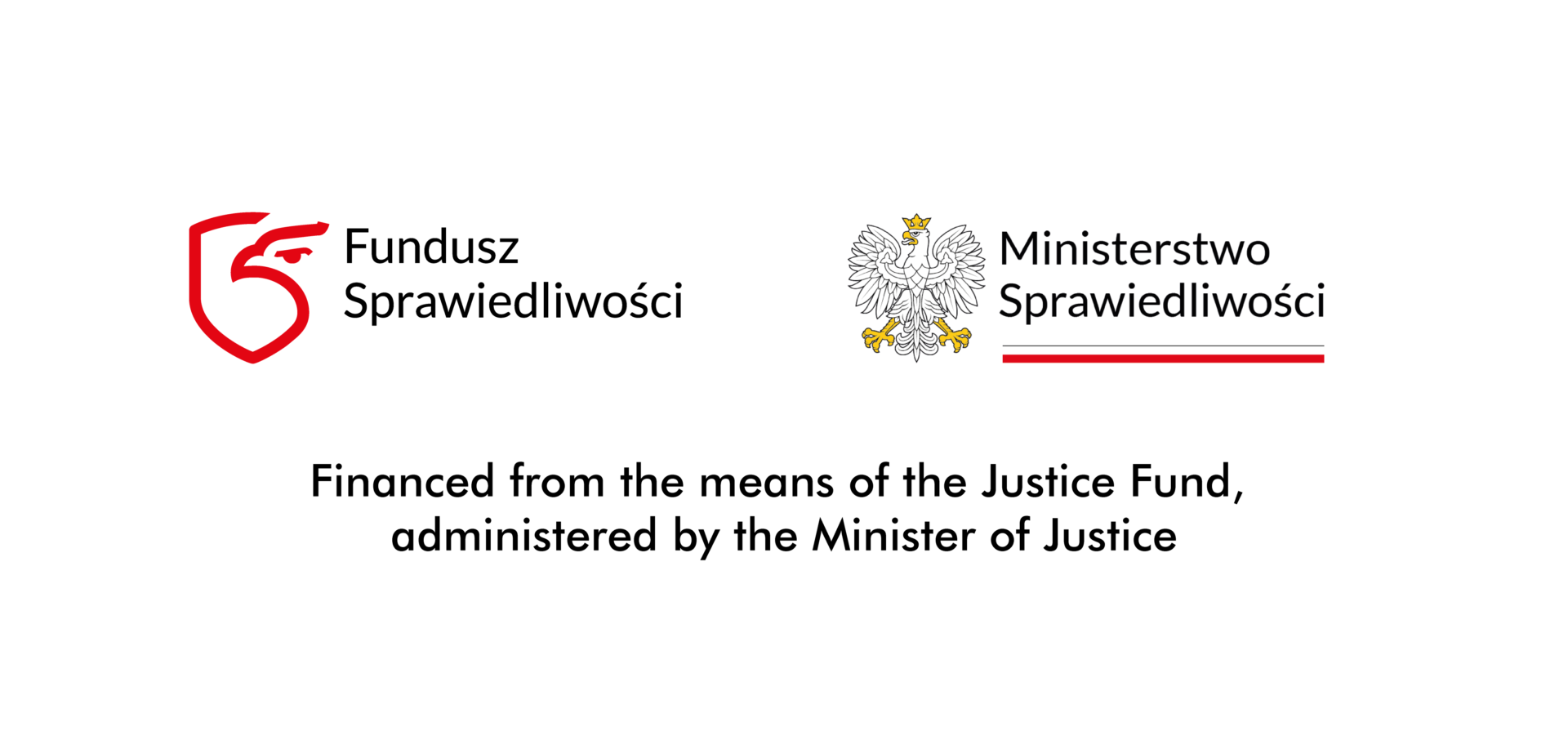Towards a European superstate – The “integration engine” in action

Adopting the EU treaty changes that are being pushed through by France and Germany as well as the European Parliament would put the final touch to a long-standing process initiated in the 1990s of moving away from the vision of European integration respecting the distinctiveness of nation-states, as expressed in the Schuman Declaration, toward the forced integration dreamed up by Italian Communist Altiero Spinelli in the Ventotene Manifesto.
Tomasz Grzegorz Grosse
(Professor Tomasz Grzegorz Grosse is a political scientist and sociologist specializing in European Studies at the University of Warsaw.)
In September 2023, a group of prominent French and German experts presented proposals to amend the European treaties in a report entitled “Sailing on High Seas: Reforming and Enlarging the EU for the 21st Century”. This report refers to previously discussed projects for political change in the European Union. In it, the group of experts proposes centralizing decision-making in the EU through the transfer of new competences from member states to the EU.
Germany and France on the move
The French and German experts would also like to dramatically increase the extent of majority voting for decisions made in the EU’s intergovernmental bodies. Eliminating unanimity voting deprives primarily smaller states, and those that have not had much say in EU decision-making in recent years, of their influence on EU legislation. This is especially true of Central European countries accused by EU institutions of violating so-called European values.
At the same time, majority decision-making serves those member states with the largest populations. It is hardly surprising, then, that such a proposal is being made by German and French experts. This is in line with earlier repeated calls from policymakers in Berlin and Paris. That is why cooperation between the two capitals is often referred to as the “engine” of EU integration.
Among the new issues to be subject to qualified majority voting under this Franco-German proposal would be the budget and EU taxation (the EU’s “own resources”). This is a systemic solution referred to by specialists as fiscal federalism. The EU being an international organization, this would of course be undemocratic. It would permit situations in which voters in some member states would have no say in the taxes that apply to them, their national governments being outvoted on the issue at EU level.
The same problem arises with the incurring and repayment of EU common debt. Some governments and their voters will be required to repay such debt even if they opposed taking out the corresponding loans. This is not only incompatible with basic democratic standards, but it also takes sovereignty away from the smaller or less influential EU member states.
The German–French project thus brings serious problems for democracy in Europe. Attempts are made to mitigate this with declarations about an increase in so-called participatory democracy, that is, direct participation by citizens in governance in Brussels. However, these are empty promises that cannot close the growing democratic deficit in the EU.
Among other proposals is an increase in the number of countries participating in the EU Council presidency – from the current three to five. The goal is to reduce the influence of smaller countries on the work of intergovernmental institutions. Until now, the presidency has been an opportunity for these smaller countries to influence EU actions. The proposed change could further exacerbate the hierarchical relationship between the largest member states – mainly Germany and France – and the others.
Another proposal that seeks to reinforce this hierarchy is to divide the European Commission into a narrow group of decision-making commissioners and the other commissioners, who would be left without the right to decide on the Commission’s actions, such as its legislative initiatives.
An alternative idea presented in the Franco-German report is to reduce the number of commissioners, with some countries thus being deprived of a representative able to have not only an influence over procedures in the European Commission, but also access to information about the work of that institution. One can easily guess that the representatives of smaller countries would be more often absent from the College of Commissioners than, for example, those of France or Germany.
An even more ambitious plan in the European Parliament
An even more far-reaching proposal for treaty change was put forward by the European Parliament in August, in a document titled “Draft Report on proposals of the European Parliament for the amendment of the Treaties”. It was adopted by the Parliament’s Committee on Constitutional Affairs (AFCO) on October 25, and the next step will be a plenary vote, which should take place on November 22.
It was prepared by the largest groups in the European Parliament: those that form the so-called political mainstream, which can be described as “Euro-enthusiastic.” The small team of MEPs who drafted the Parliament’s initiative was headed by a known supporter of a European federation, Guy Verhofstadt. The other authors were German deputies: Sven Simon, Gabriele Bischoff, Daniel Freund, and Helmut Scholz. The MEPs’ proposals aim directly at creating a European “superstate”, which is also confirmed by the terminology they introduce in their report. For example, the head of the European Commission would be referred to as the president of the European Union, and the European Commission as the European Executive. In addition, it is proposed to give Europol officers operational capabilities, meaning that they would be able to operate in member states independently of national services. It would also be possible to endow the European Executive with exceptional powers in emergency situations, and this only on the basis of a majority vote in the Council and the European Parliament.
MEPs are also proposing to transfer two important areas, namely climate and environmental policy, entirely to the EU level as exclusive competences of the Union. This would mean an even greater acceleration in the EU’s climate ambitions, which are already causing much controversy among national voters. In addition, they want to transfer more powers from member states to the EU in a range of other areas. The idea is to establish shared competences in eight new areas, which in practice means giving priority to EU institutions in these matters. They include forestry, public health, cross-border transportation infrastructure, and industrial policy. As far as the sovereignty of member states is concerned, the newly shared competences would have the greatest implications in foreign policy, external border protection policy, external security, defense policy, and civil defense.
Article 79 of the Treaty on the Functioning of the European Union (TFEU) would be modified so as to give the EU competence over economic immigration. Until now, this has been the exclusive competence of member states, which is why there has been so much legal controversy over Brussels’ proposed forced relocation mechanism. The most striking example of how far centralization goes in the new project is the fact that all EU countries would be compelled to adopt the euro as their currency. They would have to do so no matter how economically unviable it would be for them, and even if national voters were against it.
The European Parliament’s proposal significantly strengthens the influence of the largest member states on decision-making. In as many as 65 areas, unanimity voting would be replaced with majority voting. In addition, a simple majority vote is proposed as the primary method of decision-making in the Council of the EU, which means that only a threshold of 50 percent of the EU’s population would be required. Until now, a double majority was required: a minimum of 55 percent of member states representing at least 65 percent of the EU population. The requirement of only half of the members of the Council representing half the population of the EU would significantly facilitate decision-making in accordance with the will of the largest countries. Interestingly, in the European Council too, where heads of state and government meet, majority voting is to be the rule, instead of unanimity voting as now.
Among other things, the draft treaty changes mention the pursuit of strategic autonomy, which so far has meant building the European Union’s geopolitical independence vis-à-vis the United States. In the past, this has raised serious objections on the part of the countries lying along NATO’s eastern flank. In this context, the proposal for a joint army, or more precisely, the establishment of permanently stationed joint military units under the command of the EU (and therefore not of national authorities or NATO) stirs controversy. All the more so given that the decision to launch military missions would be made by majority voting.
The only area where each member state would still have a right of veto would be EU enlargement. Here, MEPs apparently do not want quick decisions to be made by the EU-27. This exception even looks as if its purpose was to encourage dissatisfied EU countries to delay the entry of new members.
The most serious objections concern the new procedure that would regulate further treaty changes. According to the Euro-enthusiasts who drafted the report adopted by the European Parliament’s AFCO commission on October 15, this should be a decision taken by a four-fifths majority of member states. In other words, if ratified by at least four-fifths of the EU member states, any new treaty would enter into force throughout the EU. This means that as many as 20 percent of sovereign countries and their voters could be outvoted on this key issue. It also means that they would have to implement the treaty changes even against their will. This goes contrary to the most important principles of international law on treaty-making and constitutes another violation of the standards of democracy and of national sovereignty.
Another manifestation of the strengthening of the hierarchy of power between the largest states and the smaller ones is, as in the case of the above-mentioned project drafted by a group of German and French experts, the plan to limit the number of EU commissioners to only 15.
The draft resolution of the European Parliament also significantly strengthens the tools for disciplining countries that are considered to be in breach of the rule of law and so-called European values. Pushing through the procedure under Article 7 of the Treaty on European Union (TEU) would be made easier, and the possibility of imposing financial sanctions on a member state would be added to this article. To date, such financial sanctions taken against Poland and Hungary have lacked a legal basis in the EU treaties, and they in no way derive from Article 7 TEU. With the planned resolution concerning the reform of EU treaties, the European Parliament seeks to expand the role of the European Parliament and make the Court of Justice of the European Union (CJEU) the arbiter of violations as part of the sanction procedure based on Article 7. Until now, this has been a political procedure conducted primarily by the member states themselves.
In the proposal for treaty revision, the role of left-wing political ideas as the basis for so-called European values is significantly strengthened. This could be particularly controversial for conservative politicians and those member states where voters choose to elect right-wing governments. Throughout both treaties (TEU & TFEU), MEPs propose changing the principle of “equality between men and women” to “gender equality.” Another borrowing from leftist axiology is the reconciliation of economic development with social progress. One more illustration of the same trend is the inclusion of actions against the environment (environmental crimes) among crimes with a cross-border dimension (Union crimes).
Brussels will have the power to impose same-sex “marriages” on all Member States
In addition, the area of family law with cross-border implications is included among the new “shared competences” where decisions are made at EU level by majority voting. This is bound to result in a redefinition of marriage and family in all member states based on the ideas of gender theory, and will also forcibly include same-sex marriage with the right to adopt children. What’s more, education policy is also to become a “shared competence” with majority voting, and it is to be based on the new leftist interpretation of the EU’s Charter of Fundamental Rights. In other words, in national education systems, Brussels will most probably spread gender ideology and sex education for children and teenagers.
Both draft projects for a revision of the EU treaties, namely the German–French experts’ project and the one drafted by MEPs, take steps to strengthen the power of Paris and Berlin, while allowing easier sanctions against governments that are accused of violating the rule of law or so-called European values. As experience has shown, governments that oppose ideas coming from Germany and France – and refuse to submit because they think differently about the future of the EU – are the ones which will be punished for alleged violations of the rule of law and European values. Those in the crosshairs of Brussels may also simply be conservative governments, honoring different political values than the leftist ones that are increasingly promoted and even imposed in the EU. This is why the draft political changes put forward by MEPs so strongly emphasize leftist axiology in relation to EU values.
Adopting the proposed changes would put the final touch to a long-standing process initiated in the 1990s of moving away from the vision of European integration respecting the distinctiveness of nation-states, as expressed in the Schuman Declaration, toward the forced integration dreamed up by Italian Communist Altiero Spinelli in the Ventotene Manifesto. It is this communist manifesto that is referred to in first place in the European Parliament’s draft resolution.




